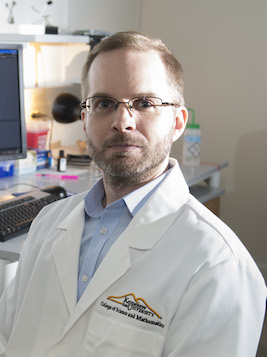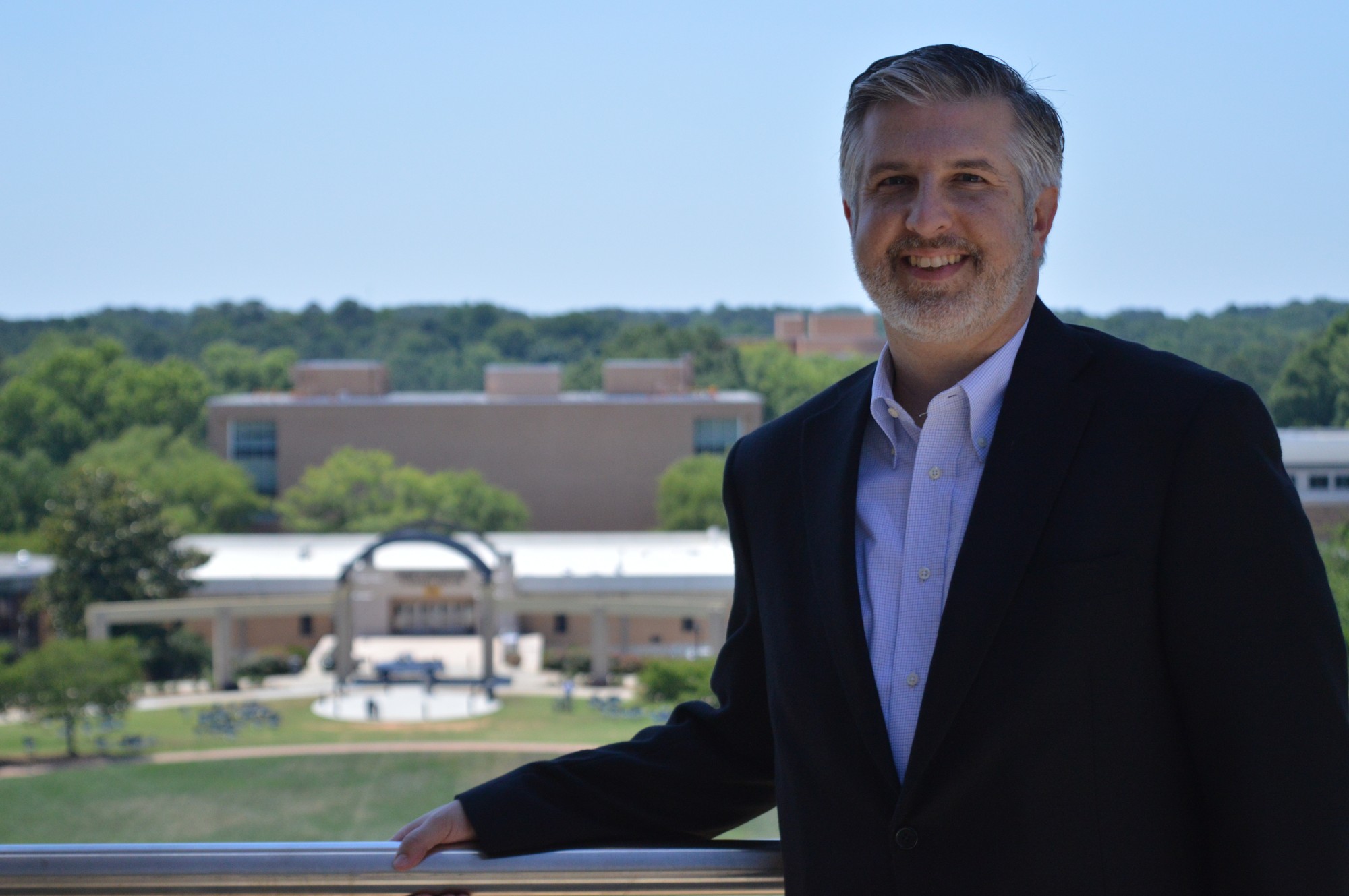Regrowing a hand or a foot may sound like something from a comic book, but a professor at Kennesaw State University just received a grant for his research into that exact topic.
Dr. Marcus C. Davis is an associate professor of biology and the associate dean for research for the College of Science and Mathematics. He received a grant for $358,803 from the National Science Foundation to support research that could potentially lead to human limb regrowth and eliminate limb birth defects.
Davis said this is the second consecutive grant he has received from the foundation to support his research on the genes in fish fins and in the limbs of land mammals, like humans.
“Marcus Davis is a great example of our faculty who excels in both the classroom and laboratory,” said Donald McGarey, interim chair of the Department of Molecular and Cellular Biology. “[This grant] has placed a spotlight on his research that has been highly productive over a decade at KSU.”
According to Davis, birth defects of the hands, feet, fingers and toes are among the most common human birth defects. His lab team uses a “natural experiment” approach to their studies to find out what happens when genes become dysfunctional and cause these birth defects.
“In nature, small genetic changes in these genes explain the differences between species, such as why a mouse has a foot with short fingers, but a bat has very long fingers with webbing between them to make a wing,” Davis said. “Within a species, small genetic changes can also occur, and these may result in dysfunctional anatomies which we refer to as birth defects.”
The Davis Lab is a team of faculty collaborators, technical staff and student researchers. The group uses fish fins for its research because they share similar genetic circuits with human hands and feet for building their skeletons. However, the fish used in the laboratory – such as the American paddlefish – also have the ability to regrow their fins.
“We obviously cannot do this with our arms and legs,” Davis said. “Uncovering which genes paddlefish are reactivating or repressing to regrow their fin skeletons may help us unlock the secrets to limb regrowth in humans some day.”
For many years, scientists thought this was impossible. According to the grant’s official abstract, the fins of fish and the limbs of land mammals are distinctly anatomically different, which in the past led to the view that fin rays and hands and feet are patterned by separate genes.
Davis expects that his lab will work on the projects surrounding this research for the next three to four years using molecular and microscopy equipment housed in the College of Science and Mathematics. His team’s work will eventually be published in peer-reviewed science journals, and students involved in the lab will present their findings at national and international biology meetings.
Davis is currently looking for new students to join the lab team. He can be reached via email at mdavi144@kennesaw.edu.



